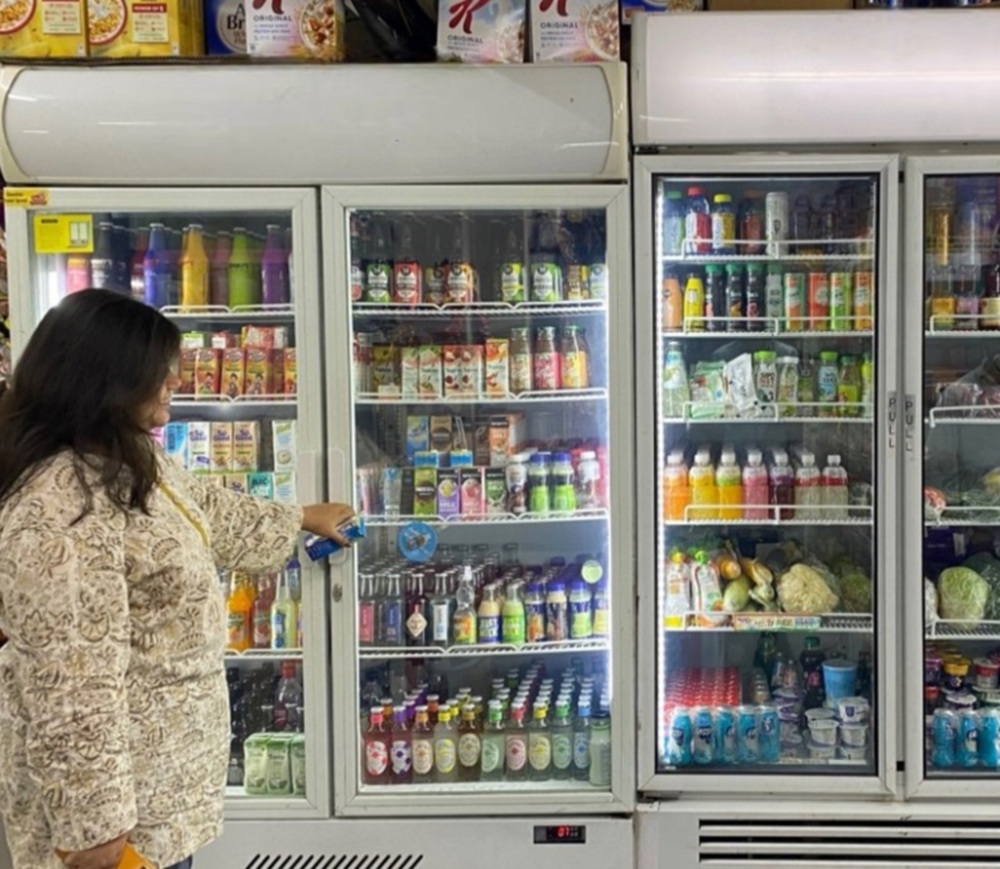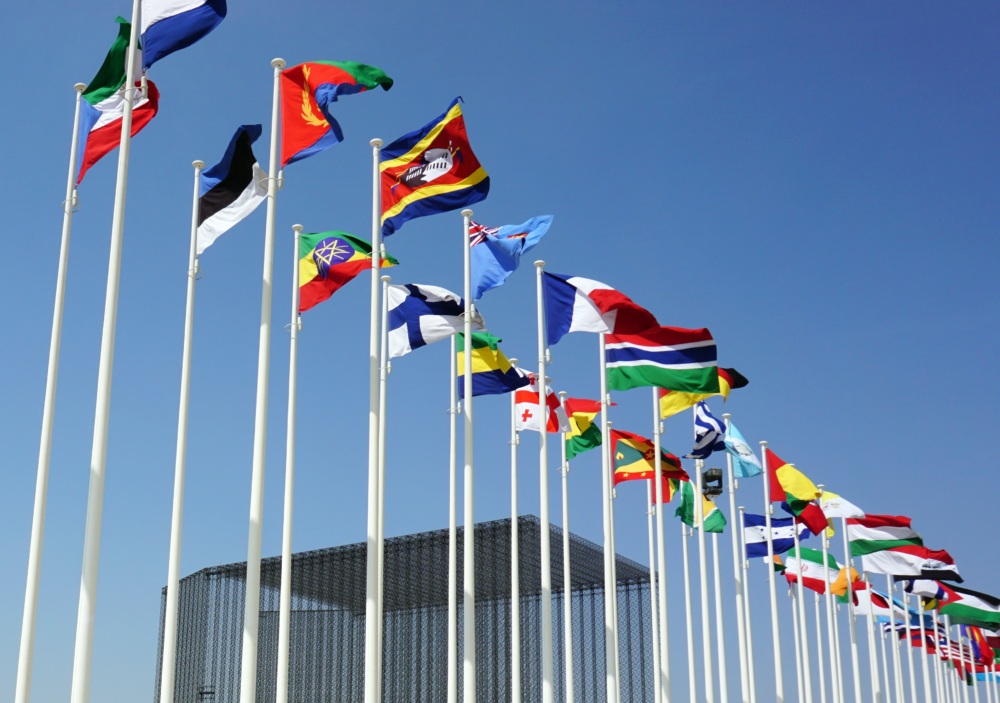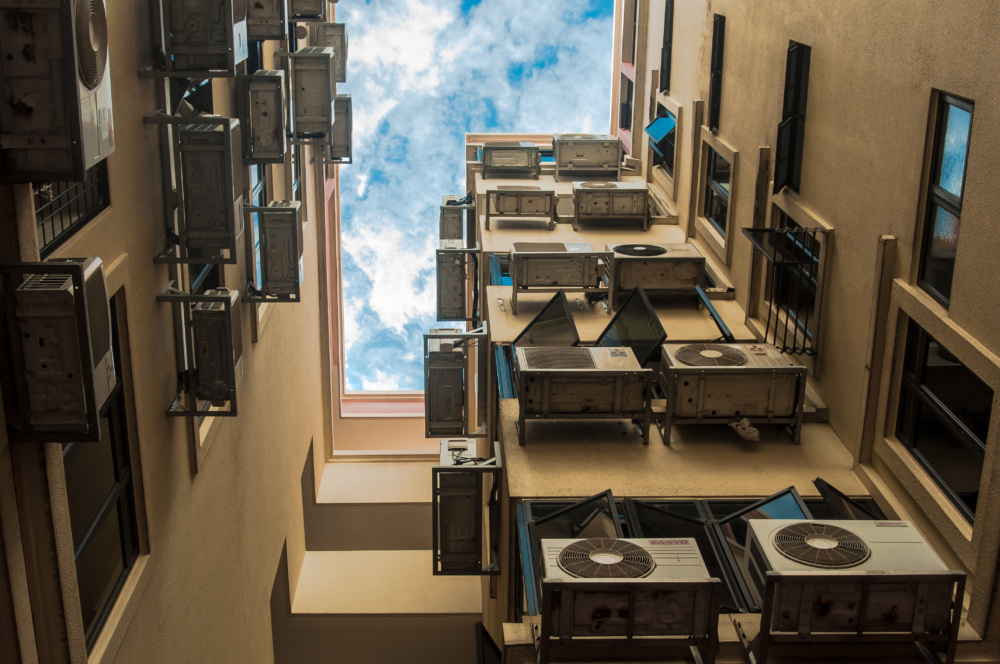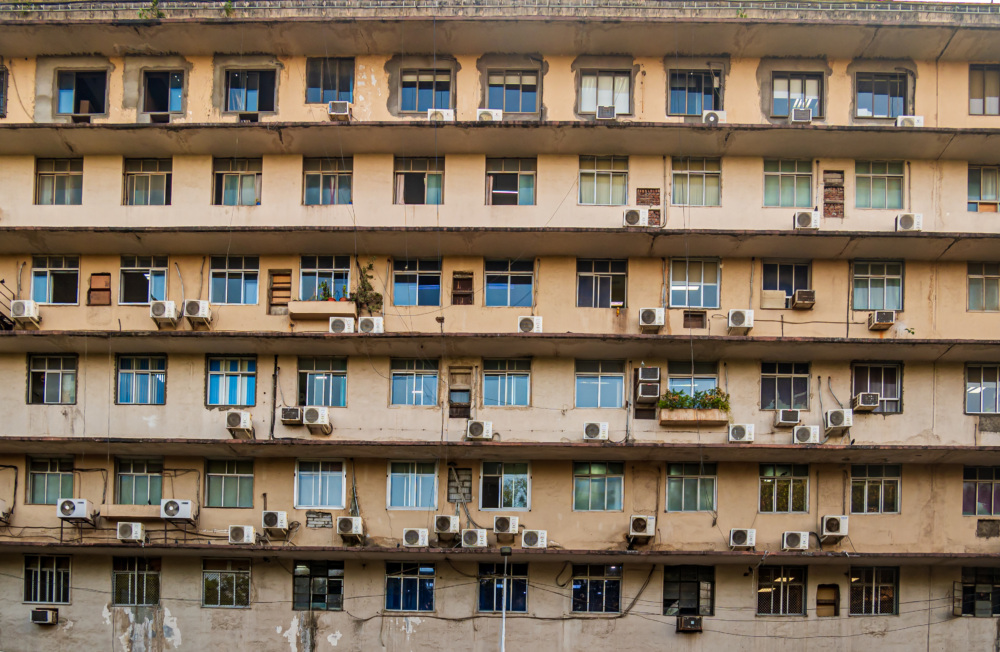Thailand Room Air Conditioner Market Assessment and Policy Options Analysis
Summary
CLASP, in collaboration with a local partner, Niwat Phansilpakom, conducted a comprehensive characterization of the room air conditioner market in Thailand and analyzed impacts from various policy scenarios. The report provides the technical evidence to support revision of Thailand’s MEPS and labeling for ACs.
Download Report
Fill out the form below to activate file downloads
Thailand is the world’s second largest manufacturer of room air conditioners (ACs), supplying 22% of world AC exports and 91% of the models sold domestically in the Thai market. The room AC market in Thailand has evolved rapidly over the last six years. Since 2013, the market share of inverter units has more than doubled, and AC manufacturers have transitioned away from R-22, a high global warming potential, ozone-depleting substance, to R-410A and R-32, which together account for 96% of available models. Thailand’s energy efficiency policies for ACs have been very successful – the vast majority of models on the market are labeled with the voluntary EGAT No. 5 label, and consumers cite energy efficiency as a critical factor when making purchasing decisions. However, the minimum energy performance standard (MEPS) for ACs and the EGAT No. 5 labeling schedule are in need of revision to better support Thailand’s transition to high-efficiency cooling technologies.
Thailand Room Air Conditioner Market Assessment and Policy Options Analysis provides the technical evidence to support revision of Thailand’s MEPS and labeling for ACs. Revising the MEPS and EGAT No. 5 label could reduce energy consumption from ACs by approximately 18% in 2030 and accelerate a market transformation to high-efficiency ACs.
CLASP, in collaboration with a local partner, Niwat Phansilpakom, conducted a comprehensive characterization of the room air conditioner market in Thailand and analyzed impacts from various policy scenarios. Niwat Phansilpakom collected product-level data during in-person visits to retail stores, conducted a review of government reports, and conducted interviews with relevant stakeholders. CLASP analyzed the data and estimated the potential energy savings and avoided emissions at the national level, and lifecycle cost savings for consumers from under three MEPS and labeling policy scenarios:
- Business-as-usual under current MEPS and labels
- A policy scenario where MEPS are increased by 20%, the EGAT No. 5 label is increased by 20% over the current level five criteria, and both policies are extended to apply to all units under 60,000 Btu/hr
- A market transition to the best available technology
The report assesses the key characteristics of the room AC market in Thailand, the Thai power sector, and the legal and regulatory framework for implementing energy efficiency policies. CLASP uses current market conditions and market forecasts to model the impacts of multiple policy scenarios and provide policy recommendations.
Thailand Room Air Conditioner Market Assessment and Policy Options Analysis is funded by the Kigali Cooling Efficiency Program (K-CEP). As a grantee of K-CEP, CLASP supports activities to raise efficiency standards, improve testing efforts, provide training and other capacity building activities targeted to local needs, and implement national market transformation initiatives in Southeast Asia. K-CEP is a philanthropic initiative to support the Kigali Amendment of the Montreal Protocol by focusing on the energy efficiency of cooling to increase and accelerate the climate and development benefits of phasing down HFCs.
Want to learn more about this report? On July 18, 2019 CLASP hosted the Air Conditioner Markets & Energy Efficiency Policy Opportunities webinar. CLASP, K-CEP, and our partners discussed the findings of the Room Air Conditioner Market Assessment and Policy Options Analysis reports for Thailand, the Philippines, Vietnam, and Kenya. Additionally, the World Bank presented on their cooling technology transfer program in Southeast Asia. Watch a recording of the webinar.









